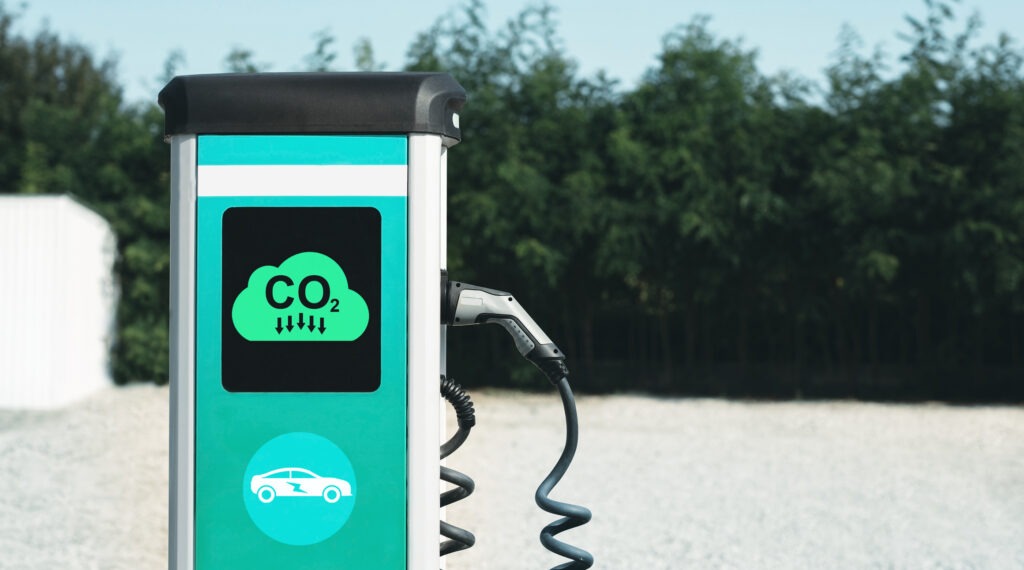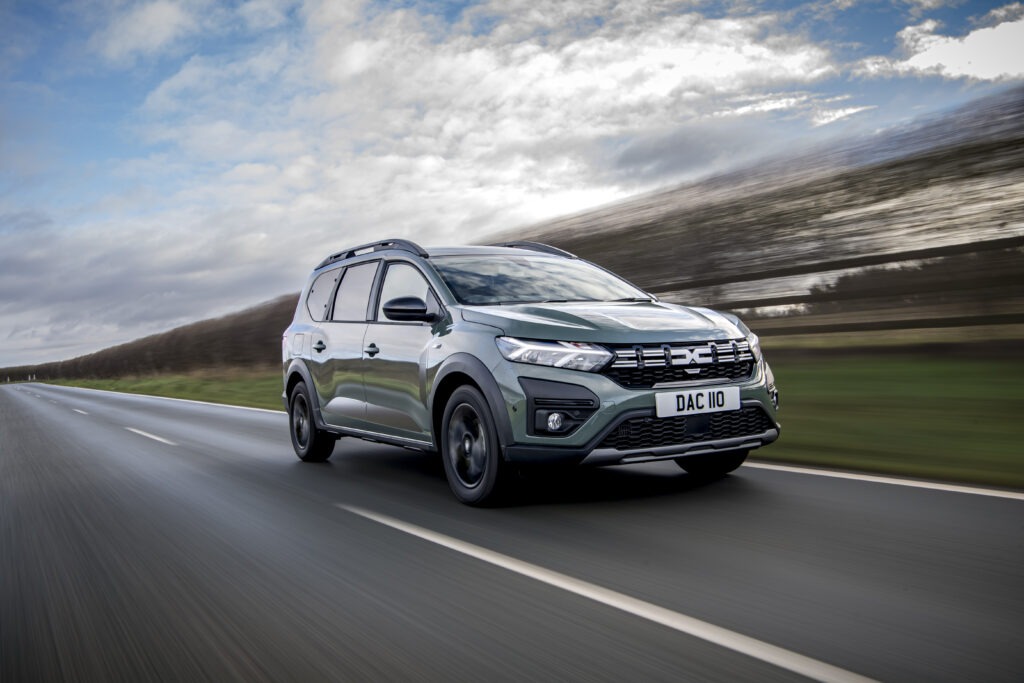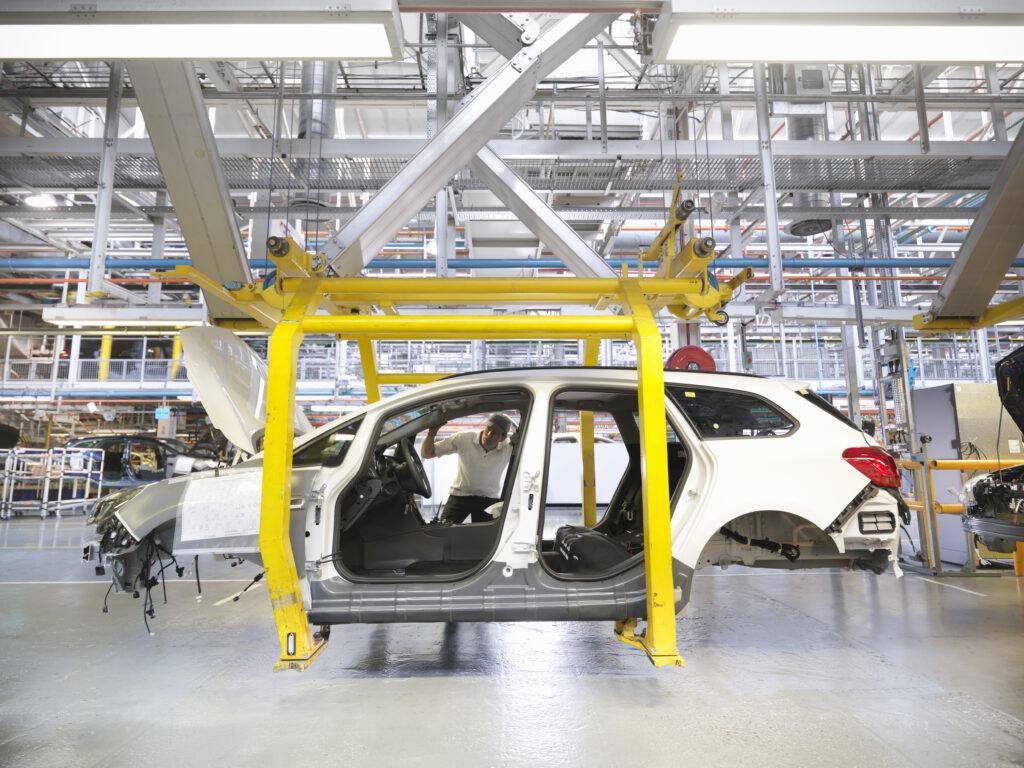Will Chinese BEVs dominate the European automotive market?
22 August 2023

How successful will Chinese carmakers be in Europe? Christian Schneider, director of content at EV-volumes.com, considers whether battery-electric vehicles (BEVs) from these brands will dominate in the region.
Predictions of an influx of Chinese BEVs into Europe (encompassing the EU, UK and EFTA markets) have been circulating for some time. Gregor Sebastian, an analyst at the Mercator Institute for China Studies (MERICS), recently told Autovista24 that Chinese heavyweights like BYD and Nio are ramping up their sales channels in the region.
Major news publications, such as Forbes and the Financial Times, have drawn attention to the new challengers. The former spells out that ‘BYD will lead China’s broad, ominous electric threat in Europe’ while the latter highlights how Chinese carmakers plan to shake up the market.
Current Chinese share
New Chinese passenger cars registered in Europe are very rarely powered by internal-combustion engines. Instead, BEVs make up the vast majority of these sales, but just how dominant are these all-electric models?
According to data from EV-volumes.com, before 2020, registrations of Chinese BEVs in Europe were marginal, claiming a fractional market share of under 0.5%. But since 2020, this percentage has rapidly increased, reaching over 6% in the first half of 2023.
A variety of factors influenced this boost to Chinese BEV sales in Europe. Firstly, many different brands have now entered the region, including the likes of BYD, Nio, Ora and SAIC-owned MG. This has provided purchasers with a greater variety of choices when it comes to all-electric models.
European purchasing decisions have also been influenced by steep increases in the costs of living, a trend which emerged as a result of the COVID-19 pandemic and the war in Ukraine. Consumers have been pushed to make cost-sensitive mobility decisions, benefitting more affordable models like the MG4.
Additionally, BEVs have only recently entered Europe’s mainstream after a long period as a niche powertrain. All-electric passenger cars only just reached a 10% market share in 2020, after jumping from around 3% in 2019.
These numbers were largely thanks to early adopters. This group of consumers is less conservative with their purchasing habits, willing to try out new technologies as well as new brands, which benefitted Chinese BEVs.
Finally, while European carmakers struggled with semiconductor shortages in recent years, brands from China proved far more resilient. So, while domestic brands had to delay deliveries, Chinese companies proved far more resilient, handing over car keys more quickly.
Future domination?
While Chinese brands have made a promising start, this rapid pace might not be sustainable, with their collective market share forecast to plateau over the next five years.
European manufacturers are now on a firmer footing, with supply chains looking far stronger than in recent years. Greater resilience against future disruption can also be expected, as companies have sought to secure previously vulnerable links.
Additionally, BEVs are now hitting the mainstream. This means carmakers will have to appeal to more conservative consumers by advancing technology, installing more charging infrastructure and improving prices. With all-electric models expected to make up half of the new-car market in 2028, companies face a greater challenge than appealing to early adopters.
China will not be alone in bringing affordable BEVs to market. Carmakers from other nations will look to compete with the likes of the BYD Dolphin, Atto 3 and Ora Good Cat. Additionally, the next Tesla compact hatchback and SUV are expected to continue the carmaker’s aggressive pricing strategy. So, the share of Chinese brands in Europe can be expected to stay stable, with registrations climbing at the same pace as the whole BEV market.



